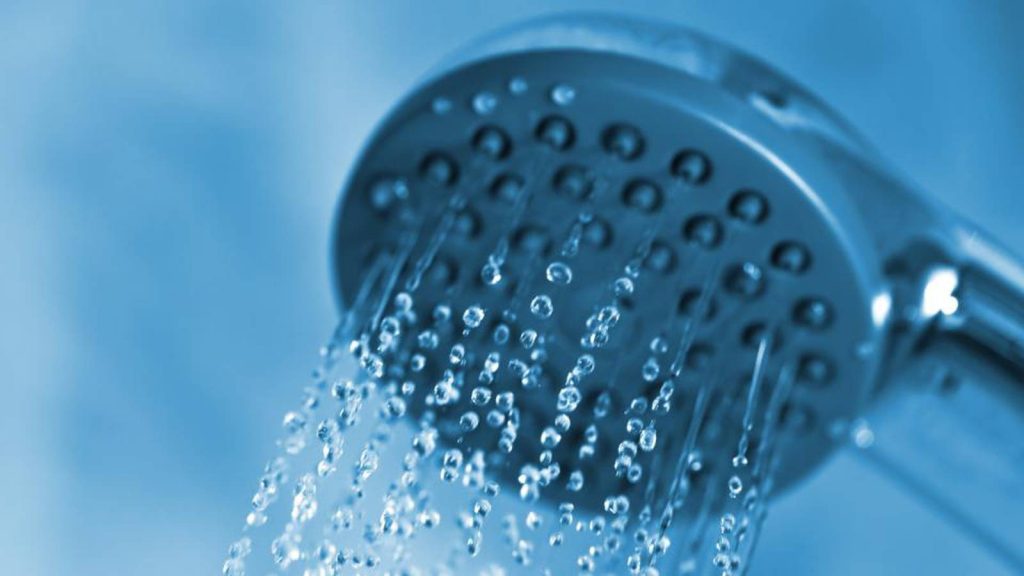Signs Your Water Softener Needs Maintenance

Water softeners do more than help soap to lather, or keep spots off your dishes. They also protect your plumbing from the ill effects of hard water, and also help to prevent some expensive appliance repairs. Like anything else, your system needs to be maintained in order to work as it’s supposed to. Here’s how to know when you should call Home Ace Plumbing.
Water Softener Trouble Signs
Water softeners don’t usually break all at once. Instead, there’s a gradual loss of function that alerts the user to the fact that something is wrong. These are the five most common signs it’s time to maintain your water softener.
- You’re not using much salt: You’d think this would be a good thing (you get to buy less salt!), but it’s not. Using less salt means your system isn’t softening water as effectively.
- You’re noticing mineral buildup: When it’s doing its job properly, your water softener is eliminating minerals from the water so deposits are a thing of the past. If you’re seeing them again, you’ve got a problem.
- Skin, hair, and clothes feel different: Hard water leads to dry hair and skin, and clothing and linens that have a rougher, almost crunchy texture.
- Your softener is running continually: Your softener shouldn’t be running constantly; if it is, it’s often a sign of a breakdown in the system.
- Your water pressure dropped: Hard water leads to mineral buildup, which in turn leads to lower water pressure. There can be other reasons for this, but checking your water softener first can help rule out a common problem versus a more extensive repair.
Water Softener Maintenance and Repairs
There are three common maintenance areas for water softeners. First, like many other plumbing and heating components, it needs the occasional tune-up. Second, periodic cleaning is suggested to keep the tank clear of sediment and deposits. Third, from time to time you’ll also need to change out the resin beads that help the water softener do its job, since they’ll collect iron and heavy metals over time that make them work less effectively.
Installing a New Water Softener
Maintenance is usually your best first choice, since it’s a more conservative and less-expensive option. However, water softeners don’t last forever. The average salt-based system is good for ten to fifteen years, with some lasting slightly longer thanks to diligent maintenance; salt-free softeners perform slightly better, albeit at a higher up-front cost (which is offset in other ways, but that’s a topic for another article).
An aging softener may leave your water with a strange, or salty, taste. It may also stop working effectively, leading to hard water deposits in appliances and fixtures, or water spots on your dishes and glasses. If your water softener is reaching the end of its service life, if you’re not sure, or if you’re in a home that would benefit from a water softening system but doesn’t have one, contact Ace Plumbing Heating and Air Conditioning. We’ll help you choose, size, source, and install a new water softener that best fits your needs.



